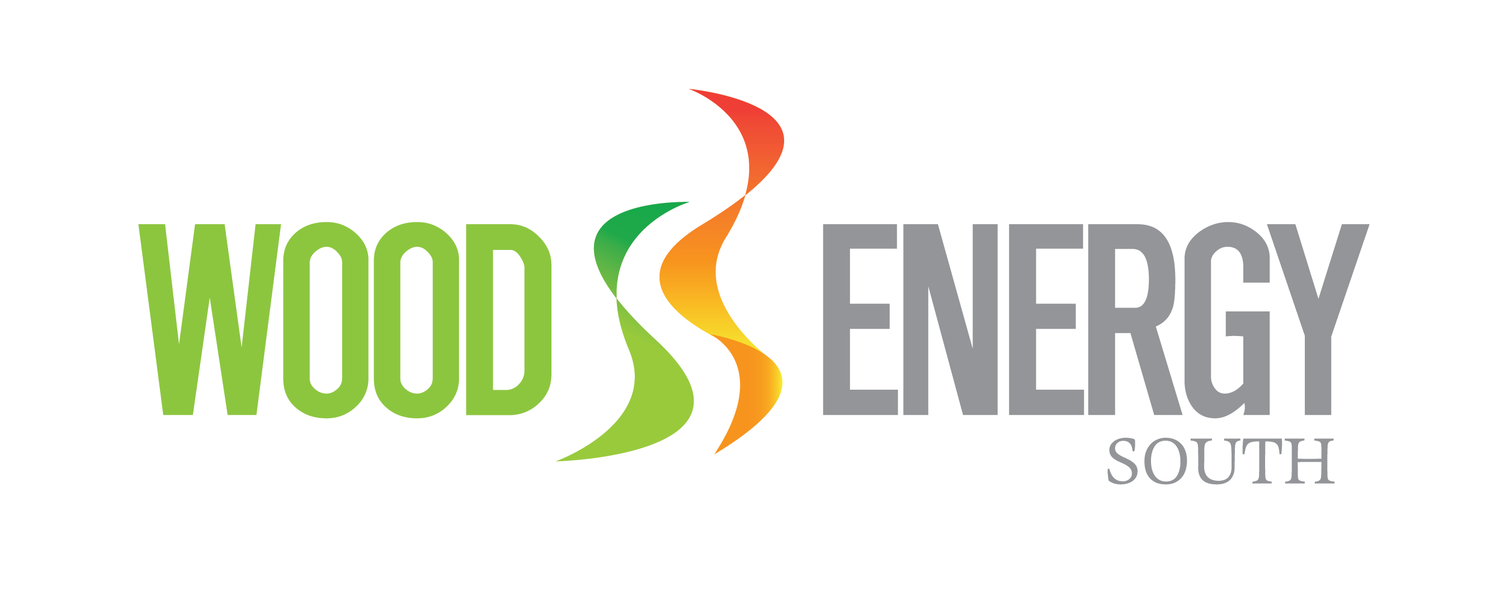INDUSTRIAL
“Housekeeping tasks like grit, dust and ash removal and maintenance is a fraction of what you would face in a coal boiler house and it’s much cleaner to work with.”
In 2012, businesses in the industrial and trade sector used almost 275,000 terajoules (TJs) of energy. Industrial makes up 27% of the total number of New Zealand businesses but uses 75% of the energy consumed by all businesses in New Zealand. In Southland, this sector is represented by dairy and meat processing, mining and timber processing.
The three main fuel types used across all sectors are diesel, electricity, and coal. For Southland, one of the main industrial fuels is coal as the region has large lignite resources in close proximity. The main objective of Wood Energy South is to convert some of these large industrial users to woodchip.
The business case for converting industrial users to woodchip should not be considered on the fuel price alone. In the case of a straight comparison against diesel, LPG or electricity prices then woodchip is very competitive.
The same cannot be said about coal, which is low cost so woodchip should not be compared on fuel price alone. In a woodchip comparison against coal detailed analysis needs to be carefully considered over the life time of the asset (25+ years) taking into account all aspects related to the plant. A woodchip boiler is mostly autonomous requiring very little staffing. McCallum’s Drycleaners 3.4MW steam boiler operates for 12 hours per day and requires 0.25 FTE staffing for maintaining the boiler house, woodchip area and house-keeping.
Modern woodchip boilers are very efficient too, compared to coal boilers, and are capable of producing the same amount of energy using less fuel. A coal boiler operating at 60% efficiency will use 30% more fuel than a modern wood boiler to produce the same heat output.

